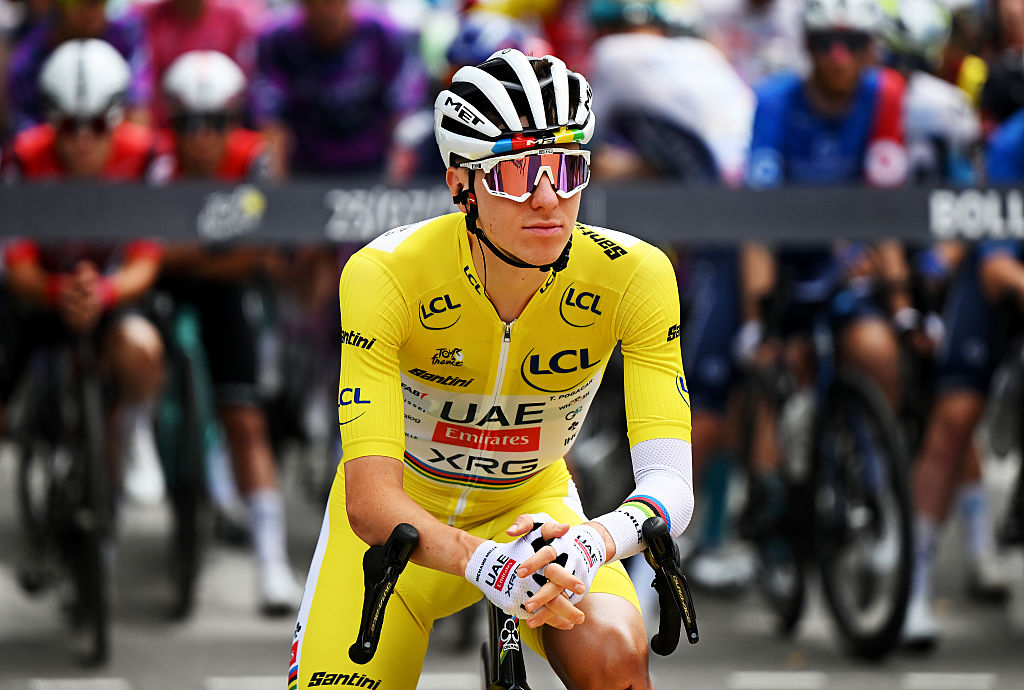Tadej Pogacar has once again etched his name in cycling history, securing his fourth Tour de France title in Paris. Despite a commanding lead built during the mountainous Pyrenees stages, Pogacar admitted that the final week was a real mental and physical challenge. Fatigue, he confessed, was his toughest competitor this year.
With a four-minute cushion over his long-time rival Jonas Vingegaard, Pogacar appeared in control. However, behind the confident exterior was a rider grappling with weariness. “We were comfortably in yellow,” he reflected, “but I was tired.” Rather than dwelling on the struggles, Pogacar was keen to savour the triumph and soak in the atmosphere on the Champs Élysées.
The intensity of the rivalry between Pogacar and Vingegaard appeared to mellow this year, replaced by mutual respect. The Slovenian noted that the Danish rider had opened up more than in previous races, and the two shared conversations at the start line about the growth they’ve experienced by pushing each other to new limits.
Vingegaard, for his part, acknowledged that his own form fluctuated dramatically during the race. Some stages showcased his best-ever performance, while others were among his weakest in recent years. He admitted to having a few “bad days,” but remains optimistic, already setting his sights on the Vuelta a España later this season.
For Pogacar, the Tour was also a reminder of the toll professional cycling takes. He spoke candidly about the culture of overtraining in the sport and the risk of burnout, both physical and mental. The constant pressure to train harder and race more frequently leaves little room for recovery, and even elite riders like Pogacar are not immune to exhaustion.
While his immediate focus is on recovery and enjoying the moment, Pogacar hinted at future ambitions, including a possible Grand Depart in Slovenia in 2029. For now, though, he remains at the pinnacle of the sport, celebrating another year in yellow under the Parisian sky.

